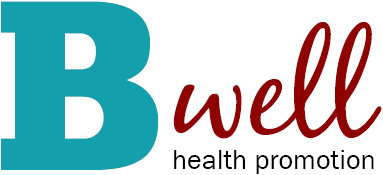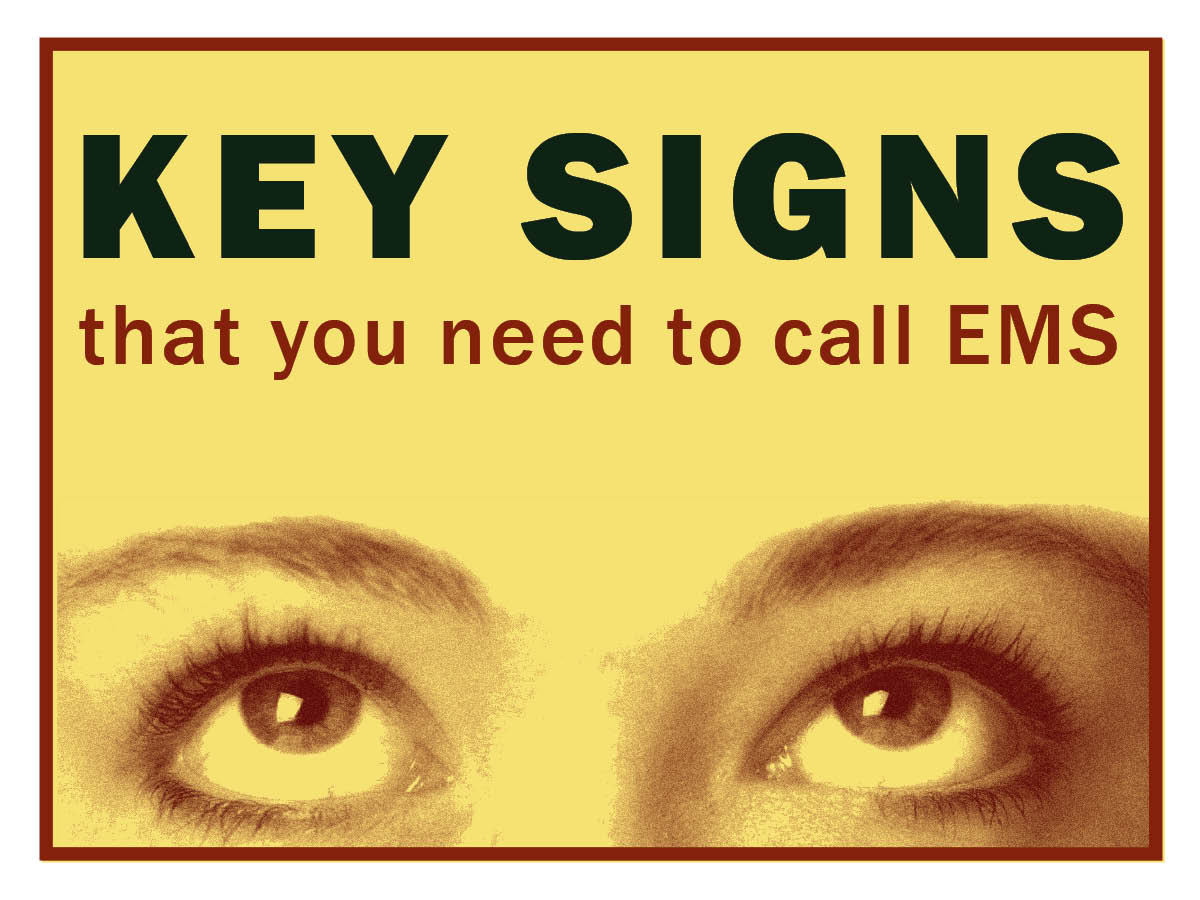If you're having trouble getting motivated, think about these benefits:
-
Within 20 minutes of your last cigarette, blood pressure, pulse and body temperature return to normal.
-
Within 8 hours of your last cigarette, carbon monoxide levels in the blood drop to normal and oxygen levels increase to normal.
-
Within 2 days of quitting, nerve endings start to regrow and your ability to smell and taste improve.
-
Within 3 months, circulation improves and lung function increases up to 30%.







